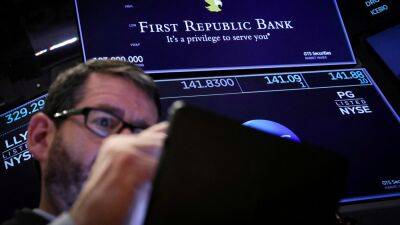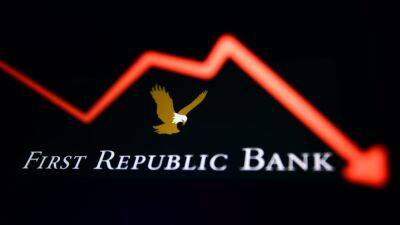Move over Marvel: Super Mario and co are bossing the adaptation game
F or fans of Mario and Luigi, the moustachioed plumbers who began life as blocky 2D pixels in the early 1980s, the prospect of a $100m feature film stuffed with special effects and Hollywood stars including Chris Pratt, Jack Black and Seth Rogen could feel like defeating the boss in the final level of a platform game.
Now the box-office-busting Super Mario Brosmovie, alongside the critically acclaimed success of TV phenomenon The Last of Us, are set to fuel a record decade for gaming adaptations, as film and TV companies turn their sights elsewhere after years of mining comic books for superheroes.
Scathing reviews of the Super Mario Bros film, released on 5 April, have failed to dent its pulling power. In its first week it overtook Warcraft (released in 2016) to become the highest-grossing game adaptation, breaking a long history of big-screen flops for video-game-themed movies. Now $1bn in ticket sales beckons.
Meanwhile, post-apocalyptic thriller The Last of Us upped the TV potential for games after the adaptation of a PlayStation title achieved global critical acclaim and popularity with viewers.
While the gaming industry has an enviable record of creating blockbusters – at launch a decade ago Grand Theft Auto 5 became the fastest entertainment property to gross $1bn, hitting that mark in just three days – the transition of titles to TV and film has, for the most part, been commercially underwhelming.
“Video game intellectual property has flown under the radar as far as the mass market is concerned,” says Sir Ian Livingstone, a co-founder of Games Workshop and creator of multimedia phenomenon Warhammer, which in December struck a deal with Amazon to develop its intellectual property for film and TV. “Traditional
Read more on theguardian.com















